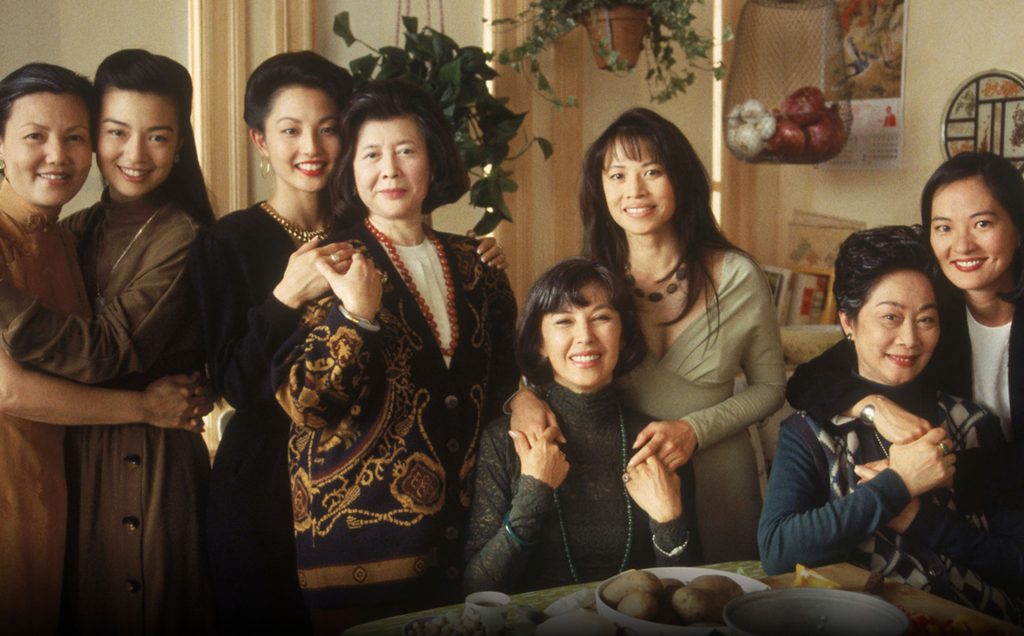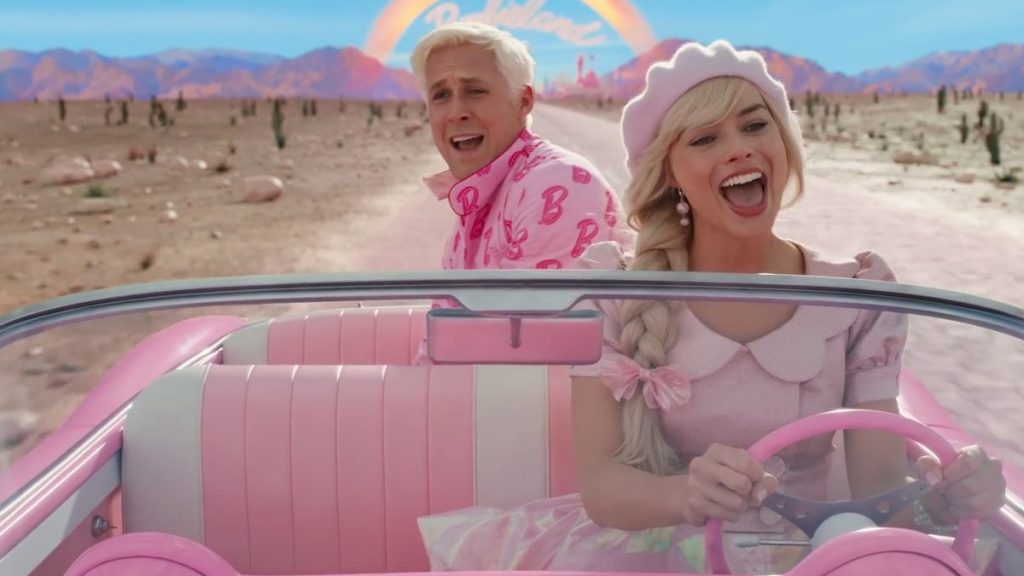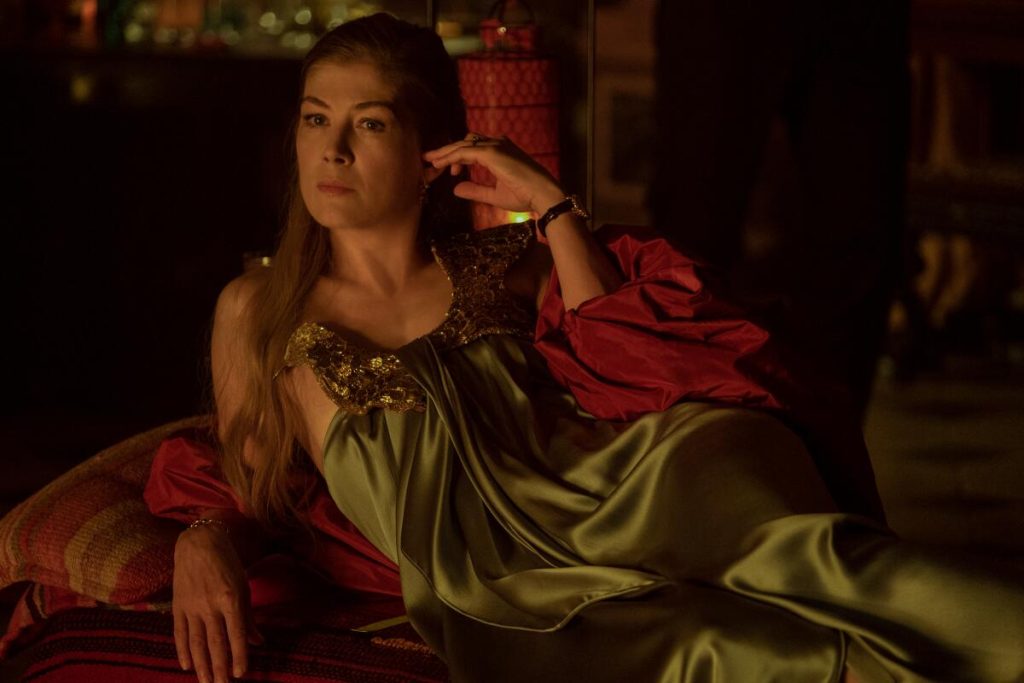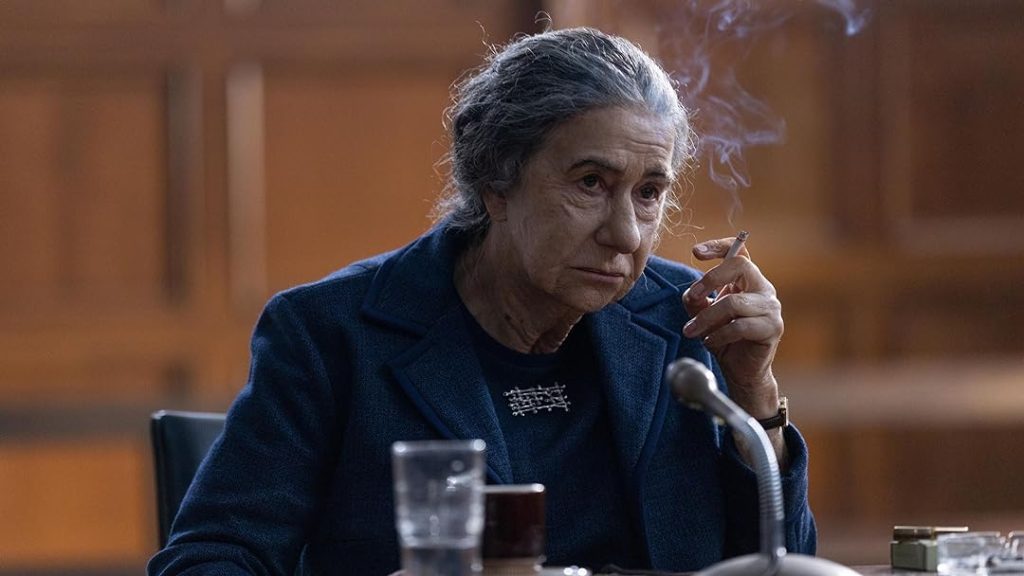Female producers play a pivotal role in the entertainment industry, driving the creation and execution of films, television shows, music albums, and other media projects. Their responsibilities encompass various tasks, from securing financing and assembling creative teams to overseeing the production process and ensuring the final product aligns with the intended vision.
Throughout film history, women have made invaluable contributions to the entertainment industry, breaking barriers and reshaping narratives. Their roles extend beyond traditional expectations as they champion diverse stories and perspectives, fostering inclusivity in an industry historically dominated by men. Through their creative vision and leadership, these producers inspire change, paving the way for increased representation in front of and behind the camera.
Celebrating Female Producers in Film
From producer Dede Gardner’s contributions to Moonlight to the top-grossing Rogue One produced by Lucasfilm president Kathleen Kennedy, here is a range of must-watch films from female producers that every aspiring filmmaker or producer should watch.
Dede Gardner, Moonlight
Producer Dede Gardner took home the Best Picture Oscar for Moonlight. She and Jeremy Kleiner head up Brad Pitt’s Plan B, which has produced films like the 2012 Best Picture winner 12 Years a Slave.
Regarding their process at Plan B, Gardner, quoted in an IndieWire article, Gardner said, “We spend a lot of time reading, a lot of time watching movies in small corners of libraries and hotel rooms. It’s probably our favorite thing to do. We fall in love with a movie and we reach out. We ask to meet, see more work and listen to what they’re interested in, what world they want to live in, what stories they want to tell. Time and time again, those conversations can result in movies. They just need to be had in an honest space. The only intentions will ever be to continue the conversation, and not think about these things as products, but adventures that we might embark on together.”
What many people may not know, however, is that Plan B was not the only (or the first) productive force behind Moonlight. Adele Romanski was one of three Florida State University friends who brought the project to life long before Plan B entered the picture.
In her acceptance speech at the Academy Awards, Romanski said: “And I think, I hope even more than that it’s inspiring to people, little black boys and brown girls and other folks watching at home who feel marginalized and who take some inspiration from seeing this beautiful group of artists held by this amazing talent, Barry Jenkins, accepting this top honor. Thank you.”
Ava DuVernay, Selma
Ava DuVernay is an accomplished filmmaker, director, and producer known for her groundbreaking work promoting diversity and inclusion in the film industry. One of her notable films is Selma, a 2014 historical drama that chronicles the pivotal 1965 Selma to Montgomery voting rights marches led by Martin Luther King Jr.
The film received critical acclaim for its powerful storytelling, DuVernay’s direction, and David Oyelowo’s compelling portrayal of Martin Luther King Jr., earning it several award nominations and cementing DuVernay’s reputation as a significant force in cinema.
Kathleen Kennedy, Rogue One
Kathleen Kennedy started out as Steven Spielberg’s secretary but quickly proved herself. An Entertainment Weekly article celebrating women producers describes her early rise: “Spielberg tells EW that her ‘creative intuition’ while working as his assistant on 1981’s Raiders of the Lost Ark, especially ‘in the crowded streets in Kairouan, Tunisia…gaining the cooperation and participation of the people living there,’ inspired him to hire her as a producer on E.T.

Now Kennedy is responsible for the Star Wars franchise, whose last two releases, The Force Awakens and Rogue One, were the box office winners of 2015 and 2016, respectively.
Image via The New York Times.
Osnat Handelsman-Keren and Talia Kleinhendler, The Lost Daughter
The Lost Daughter, produced by Osnat Handelsman-Keren and Talia Kleinhendler, stars and was directed by Maggie Gyllenhaal. The three-time Oscar-nominated film features Olivia Coleman, Jessie Buckley, and Dakota Johnson. Based on the novel written by Elena Ferrante, the film follows the story of Leda Caruso, portrayed by Olivia Colman, a college professor on a vacation in Greece.
During her vacation, Leda becomes intrigued by a young mother named Nina, played by Dakota Johnson, and her daughter. As Leda observes and reflects on her own experiences as a mother and academic, the film delves into complex themes of motherhood, identity, and personal desires. In 2022, the producers joined NYFA’s Tova Laiter to discuss their illustrious careers. The two also produced The Kindergarten Teacher (2018) and Bethlehem (2013).
Kathryn Bigelow, The Hurt Locker
Kathryn Bigelow was the first (and still the only) woman to ever win Best Director for The Hurt Locker, for which she, as producer, also won Best Picture. Bigelow started her career as a painter and then went to film school. She has made a name for herself, directing action and thriller films that belie any notions about typical female-run projects, such as Strange Days and Point Break.
A Guardian article quotes her as saying, “I suppose I like to think of myself as a filmmaker” (not a female filmmaker). In other words, she seems to attach less significance to her gender than the media and the industry does.
Fun fact: NYFA New York Producing Chair Neal Weisman worked with Kathryn Bigelow on her film “Blue Steel,” starring Jamie Curtis, during his time as vice president of Edward Pressman Film Corporation.
Janet Yang, The Joy Luck Club
The Joy Luck Club is a 1993 film directed by Wayne Wang, based on Amy Tan’s bestselling novel. The film interweaves the stories of four Chinese-American immigrant families in San Francisco, exploring the complex dynamics between mothers and daughters. Rich in cultural nuances and emotional depth, the film delves into themes of tradition, assimilation, and the pursuit of the American Dream. The Joy Luck Club is celebrated for its portrayal of generational and cultural conflicts, and it remains a poignant exploration of identity and familial bonds.

NYFA Guest Speaker Janet Yang, who produced the film, also produced The People vs. Larry Flynt, Zero Effect, Shanghai Calling, Over the Moon, Indictment: The McMartin Trial, One Night Surprise, Documented, Year of the Fish, Dark Matter, Kingdom Hospital, American Seoul, Disney High School Musical: China, and more.
Image via Film Forum.
Margot Robbie and Robbie Brenner, Barbie
In Barbie, Barbie and Ken enjoy a vibrant and seemingly flawless existence in the whimsical realm of Barbie Land. When Barbie decides to venture into the actual world to learn more about her purpose, she quickly learns about the challenges of living among humans. Produced by Barbie star Margot Robbie and Robbie Brenner, as well as Tom Ackerley and David Heyman, the film is one of many flowers in the cap of LuckyChap Entertainment, Robbie’s production company.

Robbie has also produced Saltburn (2023), I, Tonya (2017), Birds of Prey (2020), Promising Young Woman (2020), as well as the TV series Dollface (2019) and Maid (2021). A champion for female-led films, Robbie’s future as not only an actress but a producer continues to be bright.
Image via GamesRadar.
Emerald Fennell and Margot Robbie, Saltburn
In Saltburn, a wealthy student named Felix, moved by the unfortunate living conditions of his classmate Oliver, extends an invitation for him to visit his opulent estate. However, before long, a sequence of chilling events unfolds, casting a shadow over Felix’s family. Starring Barry Keoghan, Jacob Elordi, Rosamund Pike, Elspeth Catton, Richard E. Grant, Sir James Catton, and Archie Madekwe, Saltburn is one of a few collaborations between dream time Emerald Fennell and Margot Robbie. The two also worked on the hit film Promising Young Woman (2019).

Fennell, who also starred as young Camilla in the Netflix series The Crown, was enthused over the opportunity to create her own projects after an Oscars win for Promising Young Woman. “I really felt that I wanted to make my own things for as long as anyone would let me. It was quite freeing in a way, because it gave me a lot of confidence,” she said in an article for The Los Angeles Times.
Image via The Los Angeles Times.
Amanda Posey and Finola Dwyer, Brooklyn
The producing team of Amanda Posey and Finola Dwyer lean towards stories that feature female perspectives, such as An Education and Brooklyn, both of which were nominated for Best Picture. The film Brooklyn, a 2015 romantic drama directed by John Crowley, is based on Colm Tóibín’s novel of the same name. The story follows Eilis Lacey, portrayed by Saoirse Ronan, an Irish immigrant who moves to Brooklyn in the 1950s. As Eilis navigates the challenges of a new country and a budding romance, the film beautifully explores themes of identity, love, and the complex choices that shape one’s life.
In a Guardian article Posey was quoted as saying, “We are always looking to tell something from a fresh perspective and with a fresh insight and it just so happens that, because of the way history is told, a lot of the untold stories are female. We are drawn to it from a storytelling point of view rather than specifically because it is based around women.”
Shivani Rawat, Golda
Golda, with executive producer and NYFA alum Shivani Rawat at the helm, is centered around Israel’s former Prime Minister, Golda Meir. Featuring Dame Helen Mirren in the role of Meir, the film delves into her experiences during the Yom Kippur War. Meir made history as Israel’s first and only female Prime Minister from 1969 to 1974. Recognized as the “Iron Lady” of Israeli politics during her leadership, Meir’s legacy is explored in this cinematic portrayal.

Rawat is a powerhouse producer, debuting with the film Danny Collins, starring NYFA Guest Speaker Al Pacino. She continued with the films Trumbo (2015), Captain Fantastic (2016), and The Polka King (2017), starring The Super Mario Bros. Movie (2023) star and Golden Globe nominee Jack Black, and Beirut (2018), starring Fargo (2023 series) star Jon Hamm. Recent work includes Oscar-nominated The Trial of the Chicago 7 (2020), directed by Alan Sorkin, and The Ice Road (2021). She executive produced the documentary film To Kill a Tiger (2022), Cold Copy (2023), and Hit Man (2023), starring Glen Powell.
Image via Amazon.
Amanda Posey and Finola Dwyer, An Education
An Education is a 2009 coming-of-age drama film directed by Lone Scherfig, based on a memoir by Lynn Barber. Set in early 1960s London, the film stars NYFA Guest Speaker Carey Mulligan as Jenny, a bright and ambitious schoolgirl who becomes entangled in a relationship with an older man, played by Peter Sarsgaard.
The film explores youth, maturity, and societal expectations, with Mulligan delivering a standout performance that earned her widespread acclaim.
Gain Experience in Producing at NYFA
Becoming a producer involves a multifaceted journey that blends creative, business, and organizational skills. Aspiring producers can start by understanding the entertainment industry, including film, television, or music production. At NYFA, aspiring producers and filmmakers can learn the ropes of production through hands-on projects and exercises, developing lasting creative and managerial skills. Learn more about our producing programs today!